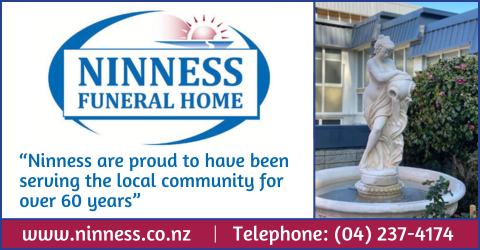
Porirua came alive today as tens of thousands gathered at Te Rauparaha Park and Arena to celebrate Waitangi Day, enjoying a vibrant display of culture, music, and kai under the summer sun. The annual event, a cornerstone of the city’s community calendar, was a joyous occasion that showcased unity and diversity while also reflecting on the historical and contemporary significance of Te Tiriti o Waitangi.
A Day of Celebration and Togetherness
The event featured stunning performances from local kapa haka groups, musicians, and cultural performers, with the main stage keeping the crowd entertained throughout the day. Artisan market stalls, food vendors, and free waka tours on Te Awarua-o-Porirua Harbour added to the festive atmosphere. A dedicated kids’ area offered activities for tamariki, making it a true whānau-friendly occasion.
Mayor Anita Baker praised the community for coming together in such strong numbers. “The food, the entertainment, families out enjoying themselves – it’s a day to enjoy with people and one where we can celebrate culture, heritage, and history,” she said.


The Significance of Waitangi Day
Waitangi Day marks the anniversary of the initial signing of the Treaty of Waitangi on 6 February 1840 in the Bay of Islands. The treaty, signed between representatives of the British Crown and Māori chiefs, is regarded as Aotearoa New Zealand’s founding document. Over the following months, around 540 Māori chiefs signed copies of the treaty, cementing its place in the country’s history.
Officially recognised as a public holiday in 1974, Waitangi Day is now commemorated nationwide with ceremonies, performances, and gatherings that reflect both celebration and ongoing discussions about the treaty’s role in modern society.
In Porirua, the day is seen as an opportunity to acknowledge the past while strengthening relationships within the diverse community. This year’s event was a powerful display of kotahitanga—unity—not as “one people,” but as a commitment to working together while embracing individual and collective identities.

Treaty Debate Sparks Controversy
While Porirua’s event focused on celebration and togetherness, a national political storm continues to brew over ACT leader David Seymour’s Treaty Principles Bill, which has been widely criticised for distorting the treaty’s intent and misrepresenting Māori rights.
Former Green MP Catherine Delahunty has strongly opposed the bill, calling it “next-level scaremongering” and warning that it manipulates ignorance and fear for political gain. She argues that many New Zealanders have little knowledge of Te Tiriti, making them susceptible to misinformation.
“Inducing paranoia gets votes in the Westminster system,” Delahunty says, adding that propaganda against Indigenous rights fuels opposition to co-governance and Māori representation.
The bill has generated unprecedented public opposition, with the Justice Select Committee receiving over 313,000 submissions—far surpassing previous records. Although Prime Minister Christopher Luxon and Deputy Prime Minister Winston Peters have indicated they will not support the bill past its first reading, critics remain wary of its long-term implications.


Unity in the Face of Division
With these national debates unfolding, Porirua’s Waitangi Day celebration stood as a reminder of the power of unity. The event reinforced the importance of understanding and honouring Te Tiriti o Waitangi—not as a source of division, but as a foundation for working together toward a shared future.
As the music played and whānau relaxed in the sun, the spirit of the day served as a powerful contrast to the political discourse. In Porirua, Waitangi Day was not about fear or division but about recognising history, embracing culture, and looking ahead with optimism.





































